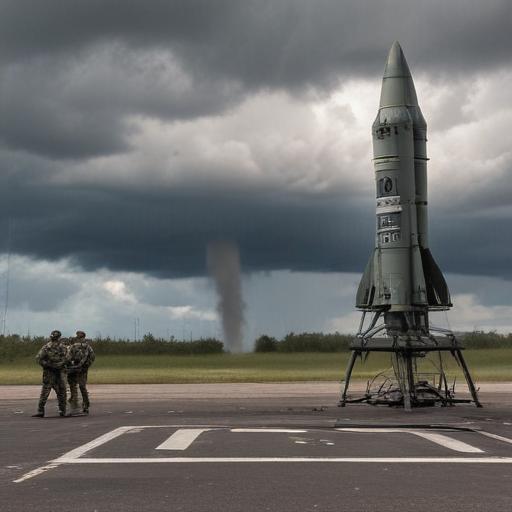Residents across various regions in the country were caught by surprise this evening when a barrage fired from Iran shortly after 8:30 PM did not come with an advance warning from the Home Front Command. Instead of the usual alert requesting people to stay near protected areas, there was an immediate notification indicating that missile launches from Iran had been detected and that everyone should move to a protected space.
The Israel Defense Forces (IDF) clarified that there is no guarantee of always providing the standard 15 to 30 minutes advance warning to civilians, which is intended to enable them to seek shelter. The ability to provide such alerts depends on the IDF’s capacity for early detection and identification of preparations and launches, which may not always be feasible, despite ongoing efforts.
Home Front Command has established a four-stage alert system: the first stage involves a warning about 15 to 30 minutes in advance to seek shelter; the second stage is a preliminary instruction about 10 minutes prior to the actual alert; the third stage is the issuance of the warning and entering the protected space; and the final stage requires staying in the protected area until further instructions are received.
In one of the initial barrages fired from Iran, the Home Front Command was unable to provide advance warning to residents in the center due to a technical malfunction. An investigation revealed that the alert was sent out but not received due to high traffic volume. The Home Front Command stated that the issue had been resolved.
“Our defense of the home front is a significant part of the campaign,” said IDF Chief of Staff, Lieutenant General Eyal Zamir. “As I mentioned at the outset, there will be tough events. We are currently facing a challenge different from what we are accustomed to. We knew there would be prices to pay, and they highlight why we acted now before it was too late.”
“IDF is deploying our best systems, methods, and capabilities to reduce casualties, but we must emphasize that this does not guarantee absolute protection,” the Chief of Staff remarked. “At the beginning of the operation, we lost civilians to missile strikes, and my heart goes out to the families of the deceased and the injured. I urge everyone to follow instructions thoroughly. Appropriate actions dramatically reduce the risk to human life. It’s our collective responsibility to implement them.”
This incident serves as a reminder of the volatile security situation in the region and the importance of preparedness for unforeseen events. The emphasis on collective responsibility and adherence to safety protocols aims to empower residents amid uncertainty, reflecting a commitment to community safety and resilience.
